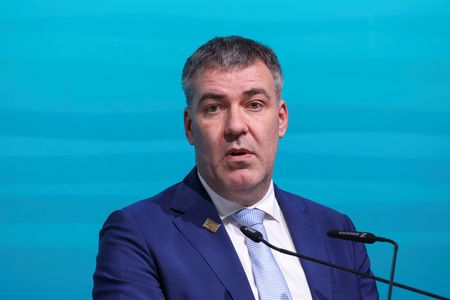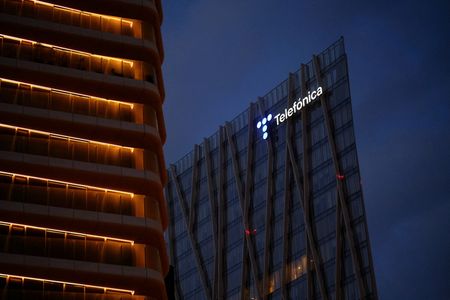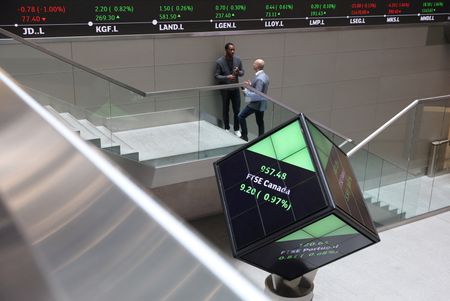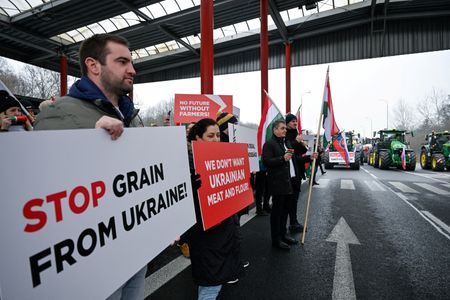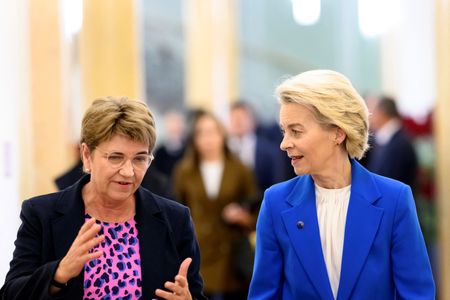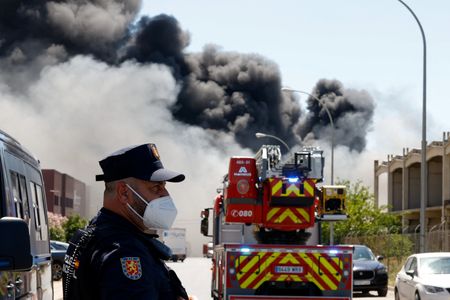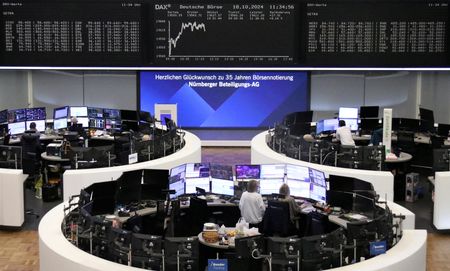COPENHAGEN (Reuters) – Denmark is considering lifting a 40-year-old ban on nuclear power to enhance its energy security, its energy minister said, marking a significant policy shift in a country that has prioritised expanding wind and solar power.
The Danish government will analyse the potential benefits of new nuclear power technologies, with a report expected to be ready next year, Minister for Climate, Energy and Utilities Lars Aagaard said in a public hearing in parliament on Wednesday.
“Denmark has no recent experience with nuclear power, which is why it is important that we start analysing the potential. Can this technology complement what will be dominant in our country: solar and wind?,” he said.
“We all know that of course we can’t have an electricity system based on solar and wind alone. There has to be something else to support it,” Aagaard added.
Aagaard noted that there were many aspects related to new nuclear technologies that Denmark was not yet ready to handle, and that it lacked sufficient knowledge on the topic.
“Can we say with confidence that this technology is safe? Where do we dispose of the nuclear waste? Are our authorities prepared if something goes wrong? And so on and so forth. We don’t have that knowledge, but we need it,” he said.
Meanwhile, Aagaard dismissed the idea that traditional nuclear power would return in Denmark, which banned it in 1985.
In 2005, Danes celebrated as neighbouring Sweden shut down the Barseback 2 nuclear reactor, located near Copenhagen just across the Oresund strait.
While Sweden has closed more of its nuclear plants over the past decade, the current government is taking a firmly pro-nuclear stance and is seeking to build new capacity.
(Reporting by Louise Breusch Rasmussen and Jacob Gronholt-Pedersen, Editing by Tomasz Janowski and Ed Osmond)

